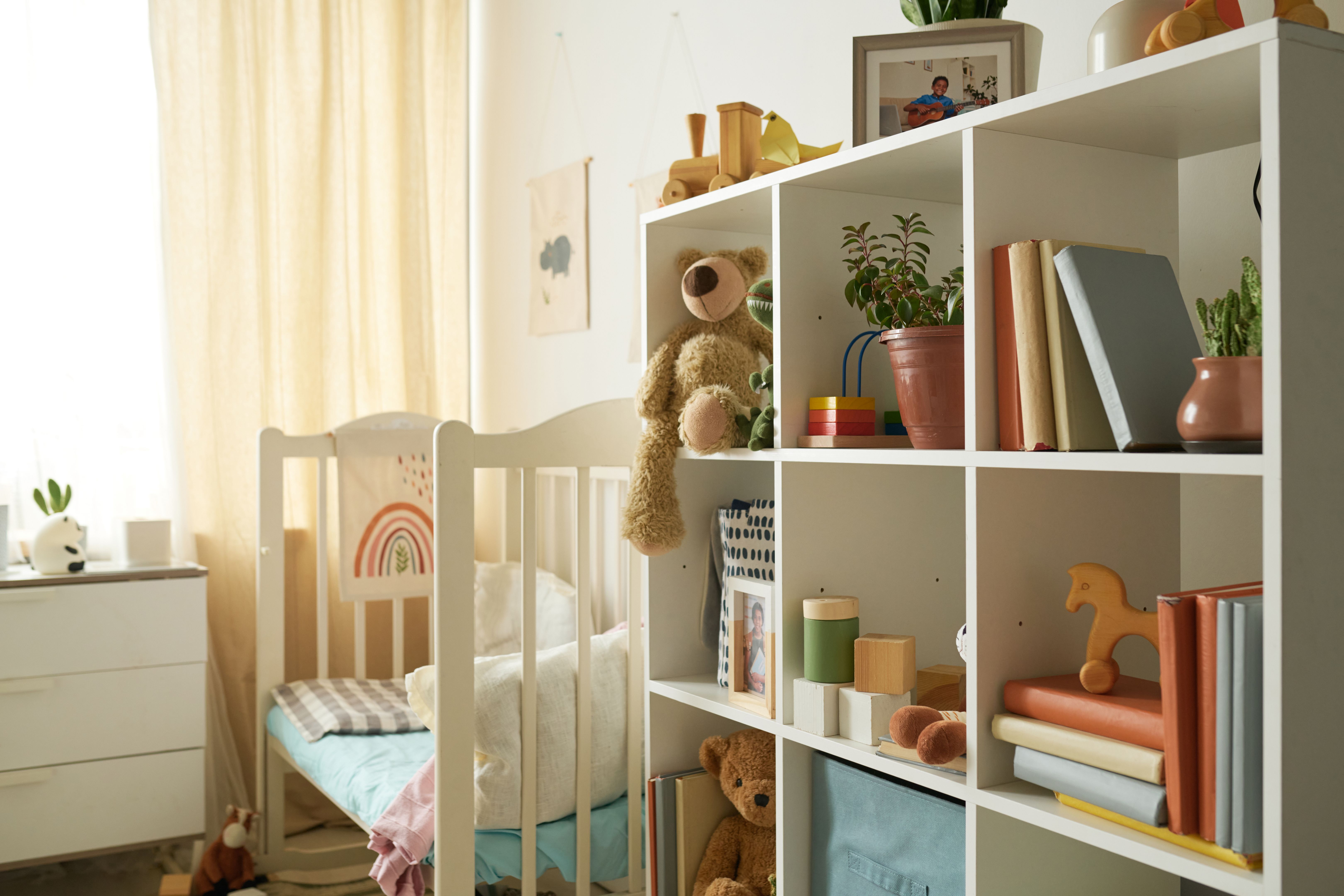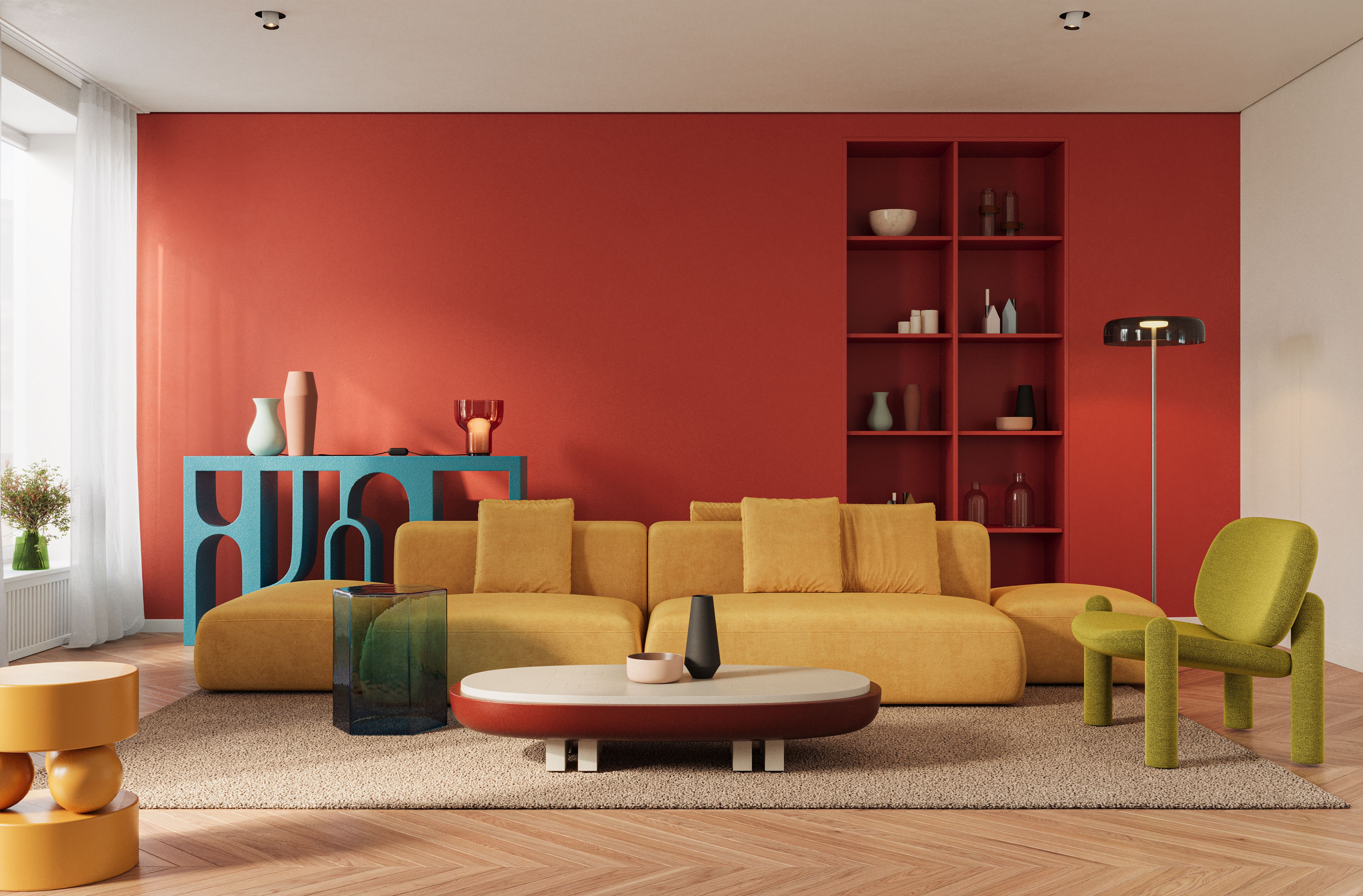Harmonizing Your Home: The Impact of Feng Shui
Understanding Feng Shui
Feng Shui, an ancient Chinese practice, is centered around harmonizing individuals with their surrounding environment. The term itself translates to "wind-water," symbolizing the flow of energy—or "chi"—through space. By arranging your home according to Feng Shui principles, you can create a balanced and inviting atmosphere that supports your well-being and prosperity.
The practice involves understanding the five elements—wood, fire, earth, metal, and water—and how they interact within a space. Each element is associated with specific colors, shapes, and materials, and incorporating them thoughtfully can enhance the energy flow in your home.

The Basics of Feng Shui
To begin implementing Feng Shui in your home, start by ensuring that each room has a clear purpose. This clarity helps to direct the flow of energy more effectively. Consider the Bagua map, a tool that divides your space into nine areas, each connected to different aspects of life such as wealth, health, and relationships.
Positioning furniture is also crucial. In the bedroom, for instance, the bed should have a solid wall behind it and a clear view of the door without being directly in line with it. This arrangement promotes a sense of security and stability, essential for restful sleep.
Decluttering for Better Energy
One of the simplest yet most effective ways to enhance Feng Shui in your home is through decluttering. Clutter can disrupt the flow of chi, leading to feelings of chaos and stagnation. By regularly tidying up and organizing your space, you allow energy to move freely, fostering a calm and productive environment.

Enhancing Your Environment
Incorporating natural elements can also boost the energy in your home. Plants are particularly beneficial as they bring life and vitality into a space. Choose plants with round leaves for wealth and prosperity or bamboo for growth and flexibility.
Mirrors are another powerful tool in Feng Shui. They can amplify light and create the illusion of more space. However, be mindful of their placement; avoid positioning mirrors directly opposite doors, as this can reflect energy out of the room rather than drawing it in.
Using Color to Influence Mood
Colors have a profound impact on our emotions and can be used strategically in Feng Shui to evoke specific feelings. Warm colors like red and orange can energize a space and stimulate conversation, making them ideal for social areas like living rooms or dining rooms.

In contrast, cool colors such as blue and green are calming and are perfect for bedrooms or meditation spaces where relaxation is paramount. Balancing colors throughout your home can help to maintain an overall sense of harmony.
The Benefits of Feng Shui
By aligning your home with Feng Shui principles, you may notice several benefits such as improved focus, enhanced creativity, and greater overall well-being. A well-balanced environment supports mental clarity and reduces stress, allowing you to thrive both personally and professionally.
Beyond personal benefits, a harmonious home can also positively influence relationships with family members and guests. A space that feels inviting and balanced naturally fosters better communication and connection among those who enter.
Implementing Feng Shui doesn't require drastic changes but rather thoughtful adjustments that align with your individual needs and lifestyle. Start small, and gradually incorporate these principles to transform your home into a sanctuary of balance and peace.
